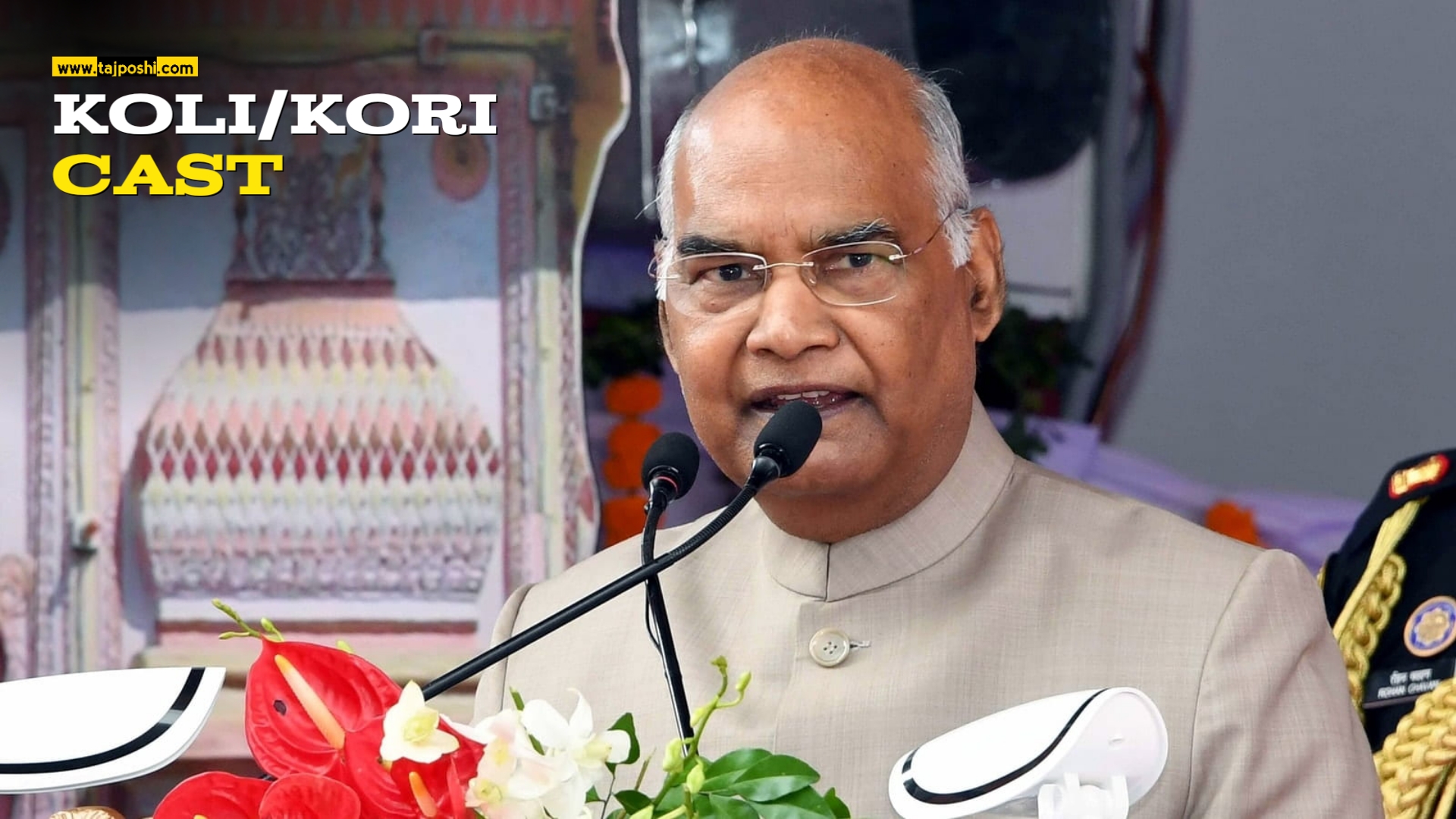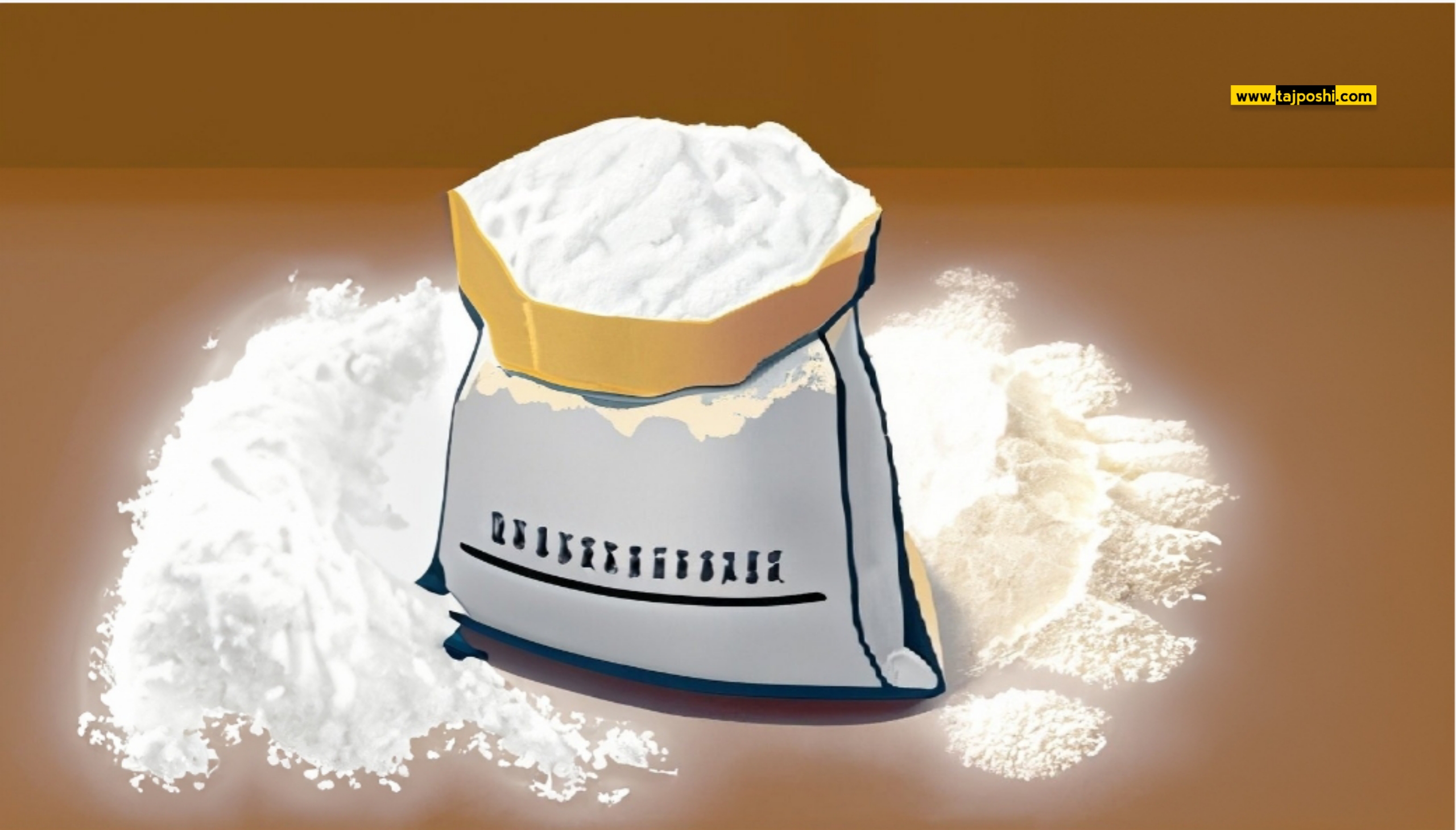The CFA franc was the official currency of Dahome (now the Republic of Benin) from 1959 to 1965. During this time, Senegal also adopted the CFA franc. Several West African nations that were ruled by France used the CFA franc as their shared currency. It was implemented in 1945 to aid in the stabilization of these nations' economies. Because the CFA franc was tied to the French franc, trading between these nations was made simpler and more stable.
Translate this article in your favourite launguage
When Benin and Senegal created their own national currencies, the Benin franc and the Senegalese franc, the CFA franc was abandoned in both nations. Burkina Faso, Mali, Niger, Togo, and the Central African Republic are among the West African nations that continue to utilize the CFA franc.

This is the currency used in Dahome (the Republic of Benin) from 1959 to 1965. The same money was also used in Senegal.
Description of Senegal 500 Francs 1969 Note:
Front side: Traditional Agriculture: fieldworkers. Bronze head of Queen Idia, who became the first Iyoba (Queen Mother) of Benin.
Bronze Head Of Queen idia: A bronze figure of a queen from the Benin Kingdom in West Africa is called the Bronze Head of Queen Idia. It is on display at the British Museum today and dates to the early sixteenth century. The statue depicts the queen in all of her might and beauty, complete with an ornate headdress. It is regarded as one of the finest examples of Benin court art and serves as a symbol of her status and power.
Back side: Modern Agriculture: Farmer ploughing field with a caterpillar. Young African woman. Palm trees. Stylized suns, turtles and other animals. Carved sculpture to a hand. Watermark: African girl in profile. Main colour: Olive green. Signatures: (as depicted, sig.7) Jean Collin (Le Président, 1964–1971); Robert Julienne (Le Directeur Général, 28 September 1962 (alt. 1955) – 1975). Artist: Raymond Vaudiau (Fecit). Engraver: No info. Printing method: Intaglio. Issuer: Banque Centrale des Etats de l'Afrique de l'Ouest. Date of Issue: 1959-1980. Withdrawn from circulation: 1977–1981. Material: Cotton paper. Printer: Banque de France (BdF).
Benin Republic Formerly Known As Dahomey Was Founded By An Edo Man
During the colonial period and at independence, the country was known as Dahomey. On 30 November 1975, the people of Dahomey visited their ancestral home known as present day Edo state nigeria to meet with their great king named OBA AKENZUA ll to seek permission from him in order to renamed their country Benin were their ancestors hail from. the request was granted by OBA AKENZUA II.
And it was renamed Benin. "Dahomey changed its name to the Republic of Benin (République du Benin) in memory of pre-19th century greatness of Ancient Benin of Nigeria", referring to the historic Kingdom of Benin..
According to history the name 'Dahomey' was a warrior from Esan tribe of Benin empire.
The CFA franc is the currency of 14 countries in West and Central Africa. It is pegged to the euro at a rate of 1 euro = 655.96 CFA francs. The CFA franc was created in 1945 by France as a way to maintain economic control over its former colonies in Africa. The CFA franc is still controlled by France, and the French treasury guarantees its convertibility into euros.
The CFA franc is issued by two central banks: the Central Bank of West African States (BCEAO) and the Bank of Central African States (BEAC).
The CFA franc is used in the following countries: Benin, Burkina Faso, Cameroon, Central African Republic, Chad, Republic of the Congo, Equatorial Guinea, Gabon, Guinea-Bissau, Mali, Niger, Senegal, and Togo.

















